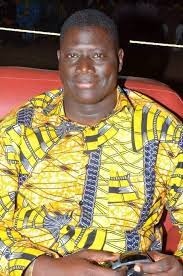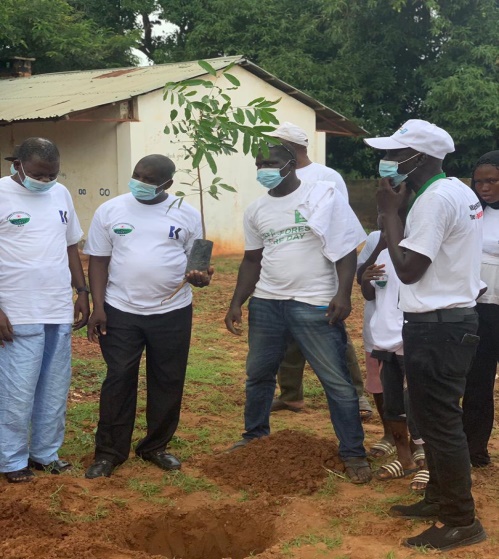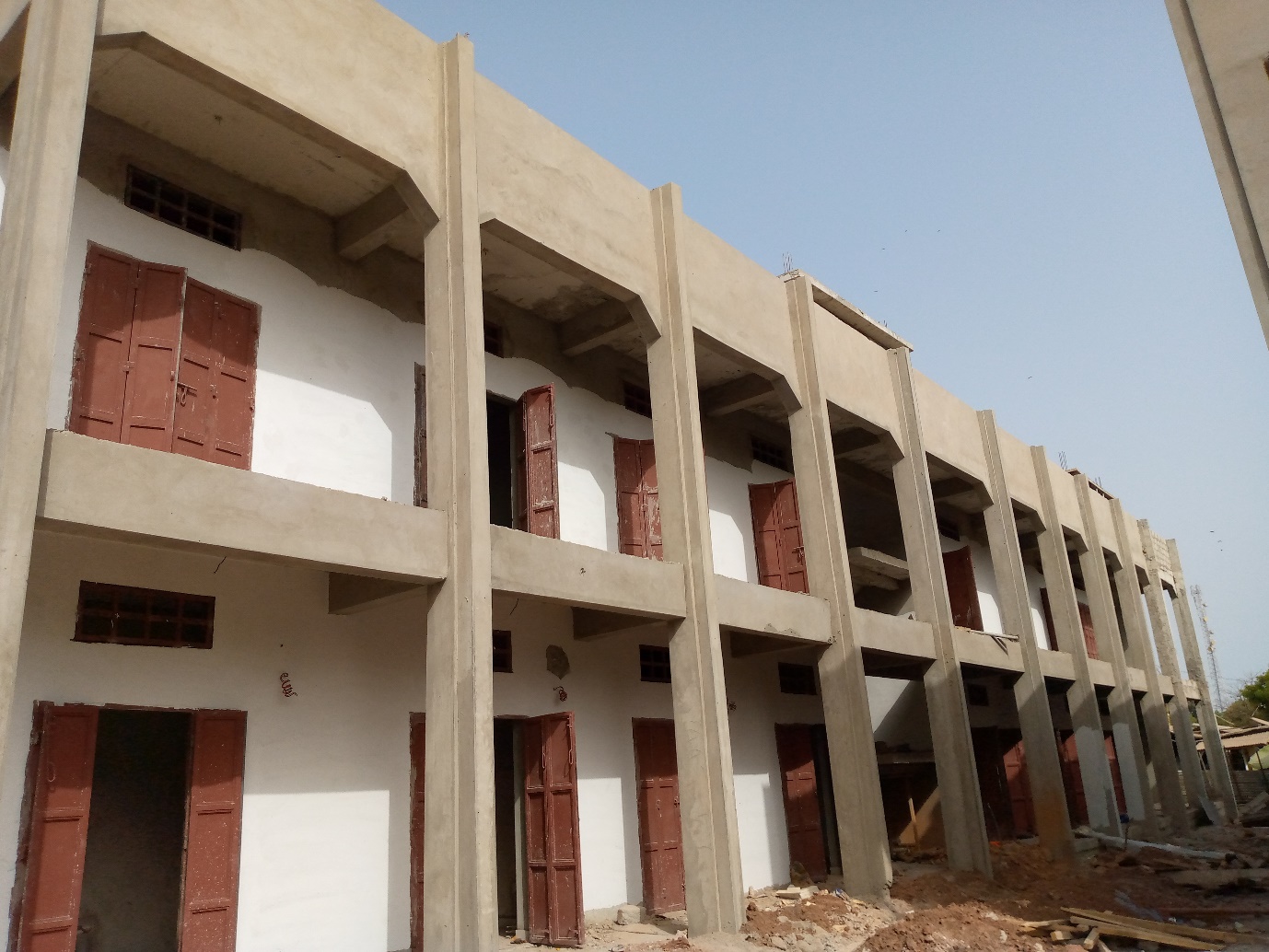Alamami Taal
It is inspiring to see that Mayor Talib Ahmed Bensouda will be the first Mayor in the history of the Gambia to build a municipal library in KMC. Evidently, such a vision and foresight does not exist at the national level nor is a there a strong demand from Gambians for a modern national library.
In my view books are still the primary repository of humanity’s knowledge even in this digital age of mobile phones and social media, books must be accorded great priority in the nation building process. A modern national library spotlights the importance of books as the custodians of civilisations. In fact, books have played a special role in human history and culture since the beginning of time.
In the past we had ancient scrolls rather than books – we were reminded of this in February of this year: when the Egyptian Museum unveiled an ancient scroll. It was found completely intact deep underground in a tomb near one of Egypt’s oldest Pyramids. The scroll, like the surrounding pyramids, was built to last, literally, because it was meant to guide the tomb’s inhabitant into the next life. It was also very long – it was 16metres long; obviously great thought and effort had gone into it.
And this is typical of ancient scrolls of that time. A lot of detailed thought had gone into it, built to last for generations. In fact, built to last till the afterlife. And those were the kind of books or scrolls people had in those days. When you think about scrolls, and the idea of scrolling today, we have a very different image. Because we talk about “scroll and swipe”.
“Scroll and swipe” is something that we do on our phones daily. We scroll and we swipe to follow the news, to find music, or perhaps even to decide who to date. Not everyone, but some people do it and it is fine! In many ways, it is the exact opposite of what was done in ancient times
The new-fangled digital scrolls are meant to be short, to catch our attention for just a moment in time, and then to disappear. Thus, they are not built to last, unlike ancient scrolls. Such digital content can be everywhere one day,and seemingly nowhere the next day. Therefore, this is the challenge of our times. Everything is faster and shorter. Trends come and go more quickly. It is very easy to get caught up in the latest novelty, until something else catches our attention and we move on.
With advances in Artificial Intelligence AI some worry that in time to come, we will end up with a society where attention spans get shorter, and everything is about chasing instant gratification. And there are good reasons to be concerned. Social media has provided many conveniences and brought us closer together, but there are also potential downsides which we must guard against. Already you see more people putting limits on their social media use, for themselves and their children.
Fundamentally though, I believe all of us adults and children alike – innately desire deeper connections with the world around us. We don’t want just fleeting engagements on social media. We want more enriching, more meaningful experiences. That’s why, despite social media – we are also seeing people seeking out longer-form content. Longer videos or podcasts.
With the proliferation of smartphones and tablets, at one time people were once convinced the book industry would suffer and eventually die off. But in recent years, we have seen a rebound in book sales across many countries. Certainly, in Singapore, people have been reading books more regularly over the years.
Consequently, our cultural institutions must evolve to these trends – not to imitate or reinforce the culture of instant gratification, but to offer more opportunities for our people to have deeper and richer cultural experiences. Public libraries have always played such a role and must continue to do so. Books are now available on numerous digital apps and easily accessible you can buy and borrow and freely download anything from your home digitally.
And some may say that if you have a digital library, why even bother to have a physical library? After all, everything can be obtained from Apps nowadays. But I think the opposite applies. In this digital world it is even more important to have a physical library.
A space where we can bring people together, to connect with knowledge and to connect with one another. And this is the main reason to have a new national library in the Gambia with an excellent collection of books for people of all ages, but the new national library must be designed with 21st Century features, so let me just highlight some of them.
First, there must be spaces for people to discover knowledge in new and engaging ways. And have an exhibition space to help people, especially our seniors, to explore and experience new technologies, like AI. Also have a DIY space for children, set up in partnership with global leaders in libraries such as the British Library the Smithsonian Institution, etc for children to tinker with their hands and create items; to play and learn at the same time.
Second, a new national library must have more activities and programmes to support the needs and interests of the community. The library is no longer just a place you come to read and borrow books like what many of us used to do when we were young. But the library is now a place where you come and learn together. A new national library should curate a wide variety of programmes – from sessions for entrepreneurs to present their ideas to potential investors; to sustainability workshops where you can learn about things like composting and recycling.
By doing this, the new library will create meaningful opportunities for people, for our youths to learn from experts and learn from one another and to create communities of learning where we can all learn and thrive together.
Finally, the new library must be an inclusive library, accessible to everyone and have a collection of special format books, assistive technology, and sensory-friendly spaces for those with special needs.in a nutshell a national Library that reflects our vision for a modern library – a space that is rooted deeply in the community, where everyone can come to discover and experience something new, regardless of their needs or interests.
The Kanifing Municipal Library in my view is the first bold statement of what a modern library looks like in the Gambia. Let’s hope it will not be the last that we see. The library is funded by the European Union. D32 million will be used to build the library and D9 million to equip it to add value to the venture. KMC is expected to add a cultural center including a 500-seat auditorium to the library next year.
The European Union EU is supporting the KanifingMunicipality with an approved D180 million for the implementation of the Kanifing Environmental Transformation Program (KETP), adding that the three- year program has three components (waste management, tree planting and park management.)
The public library will also have a café and a design space for start-ups that focuses on sustainable products and services that will provide services for repairs and recycling innovation – fertilization of ideas creating a circular economy community.
The project will also help to foster peer-to-peer exchanges between Kanifing and Peterborough to transfer best practices between both cities towards the achievement of SDGs and the international zero waste target.
Imagine the impact of such support if it is extended to all the local government areas of the Gambia. The impact on the education of our children on healthcare traditional knowledge agriculture and livelihood opportunities for our people and provide them with skills and tools to lift themselves out of poverty. We expect our leaders to continue to find ways to improve our institutions and do better in providing public goods and services.
Mayor Bensouda said the library will be a place where the next generation can exploit their intellectual capacities by having access to a modern library that includes e-learning facilities equipped with reliable high-speed internet, including access to latest e-learning tools for research and innovation. Today, libraries remain that special place in all well governed communities because libraries preserveour collective stories, open our minds to new discoveries and possibilities, and offer us deep and enriching experiences.
Considering that the KETP is one project that is scalable nationwide as such it is possible to mobilise funding for a new national library. Designed and built on Public Private Partnership basis along the lines canvassed above. What is missing in my view is sustainable national framework for funding culture: The main engine for innovation and the creative industries. Therefore, let us start building and reimagining our libraries in the Gambia. Together, we can make our libraries as special places for all Gambians, young and old, to learn and grow, and to build many more new memories and shared experiences together.@AFTaal




